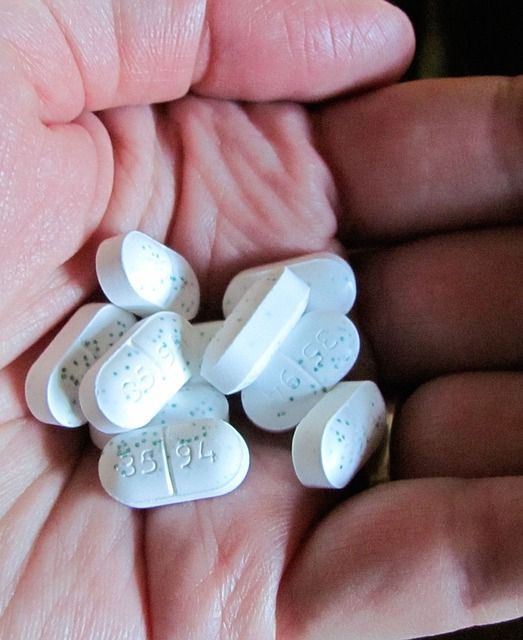Health Benefits Of Aspirin: Regular Use May Lower Risk For Advanced Prostate Cancer

Men who took three aspirin tablets a week lowered their risk of developing advanced prostate cancer, according to a new study that will be presented at the American Society of Clinical Oncology Genitourinary Cancers Symposium in San Francisco, held Jan. 7-9.
Aspirin, which is used to treat pain, inflammation, and fever, helped decrease the risk of developing terminal prostate cancer by 24 percent among patients in the early stages of disease. It also lowered the risk of dying from prostate cancer by 39 percent. In the study, the researchers examined 22,071 men who were enrolled in the Physicians' Health Study, which is ongoing at the Brigham and Women's Hospital in Boston and Harvard T.H. Chan School of Public Health.
Some 27 years after the trial began, 3,193 of the total number were diagnosed with prostate cancer; 403 patients had terminal prostate cancer, meaning the cancer spread through the body and couldn't be cured.
In addition to alleviating pain and inflammation, aspirin is known to have an antiplatelet effect, NHS Choices reported — it prevents platelets from binding together during the blood clotting process. Platelets are cells that exist in the blood, arriving at torn blood vessels to patch them back up. Because of this, the researchers believe that aspirin may help fight prostate cancer progression by preventing the tumor cells from metastasizing to bone.
However, the researchers note that taking aspirin only helped lower the risk of progression and death after a patient had been diagnosed with the disease; it didn't necessarily work as a preventive measure.
"It was after diagnosis of prostate cancer that there appeared to be a benefit," Christopher Allard, a urologic oncology fellow at Harvard Medical School and lead author of the study, told The Wall Street Journal. "It doesn't affect the incidence, but if affects the progression."
Because this was an early observational study, the researchers warn that the evidence isn’t entirely conclusive yet. They're still not sure whether this entirely proves that aspirin can protect against development or worsening of prostate cancer, and they still have to research what dose of aspirin is the most effective.
Aspirin is an interesting medication, because while it's considered one of the most common and basic painkillers, over the past several years it has increasingly been found to have multiple, other long-lasting health benefits. For example, one 2015 study found that aspirin could help in the fight against breast cancer; it has also been found to improve patients' conditions after a heart attack or stroke. Another recent study found that combining aspirin with immunotherapy treatment in cancer patients could improve their outcome.
Aspirin has even been found to help prevent colon cancer, and has been touted as a major preventive measure against any type of cancer. It seems as though the list of aspirin benefits goes on.
Despite all of the promising evidence that aspirin can prevent some of the major chronic diseases Americans face, health officials and researchers remain wary. According to the National Cancer Institute, "it would certainly be welcome news to say this century-old pill may be the next great clinical cancer advance...But at this point, the sentiments among researchers in the field are mixed, and no medical organization has issued guidelines or recommendations on aspirin’s use as an anticancer therapy."
Aspirin has negative side effects, too, such as an increased risk of bleeding in the stomach and brain. The conflicting evidence on aspirin's efficacy requires more research into the matter to determine whether the benefits of a regimen of daily aspirin can truly outweigh the risks.
Source: Genitourinary Cancers Symposium. 2016.



























